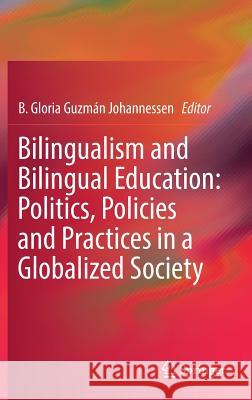Bilingualism and Bilingual Education: Politics, Policies and Practices in a Globalized Society » książka
topmenu
Bilingualism and Bilingual Education: Politics, Policies and Practices in a Globalized Society
ISBN-13: 9783030054953 / Angielski / Twarda / 2019 / 290 str.
Bilingualism and Bilingual Education: Politics, Policies and Practices in a Globalized Society
ISBN-13: 9783030054953 / Angielski / Twarda / 2019 / 290 str.
cena 562,23
(netto: 535,46 VAT: 5%)
Najniższa cena z 30 dni: 539,74
(netto: 535,46 VAT: 5%)
Najniższa cena z 30 dni: 539,74
Termin realizacji zamówienia:
ok. 22 dni roboczych
Dostawa w 2026 r.
ok. 22 dni roboczych
Dostawa w 2026 r.
Darmowa dostawa!
Kategorie:
Kategorie BISAC:
Wydawca:
Springer
Język:
Angielski
ISBN-13:
9783030054953
Rok wydania:
2019
Wydanie:
2019
Ilość stron:
290
Waga:
0.60 kg
Wymiary:
23.39 x 15.6 x 1.75
Oprawa:
Twarda
Wolumenów:
01
Dodatkowe informacje:
Wydanie ilustrowane











